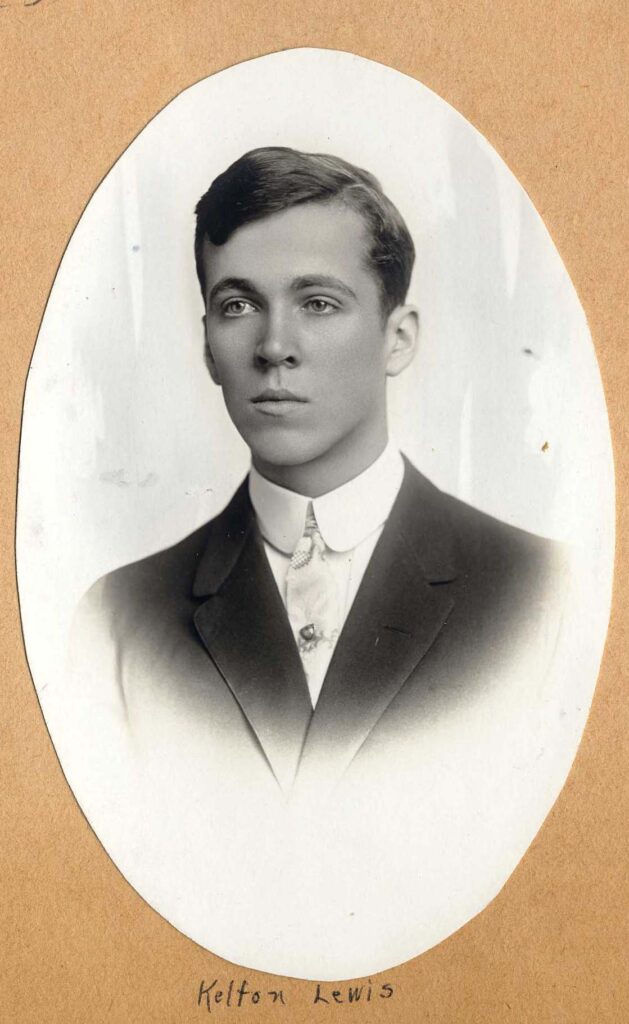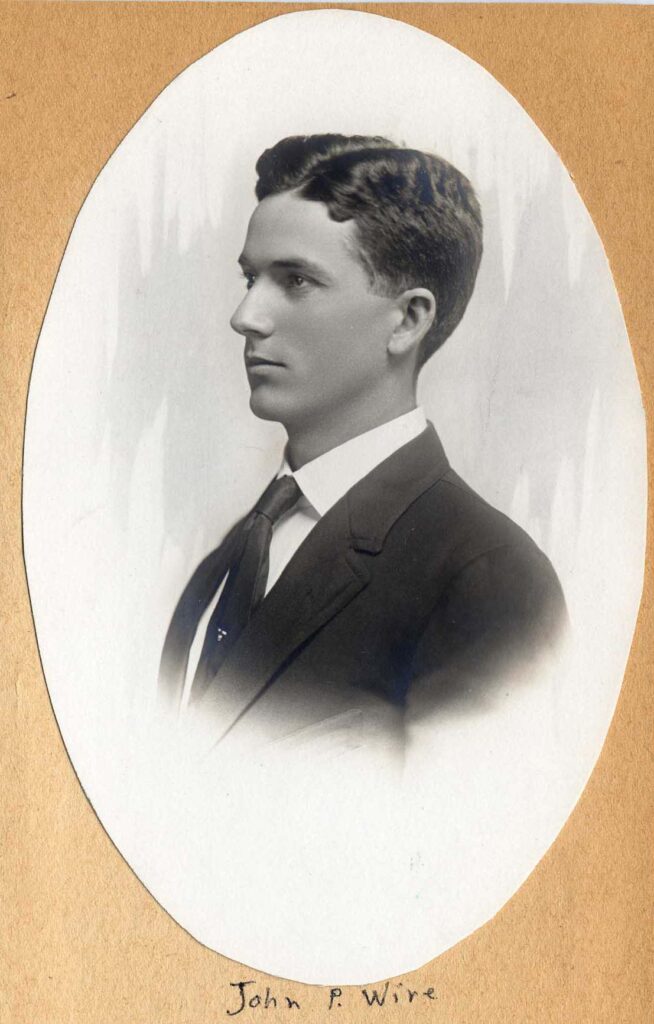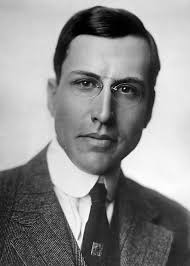Like now, in 1912 the country was heating up for elections. On the ballot in Kansas that November would be an amendment to the Kansas constitution giving Kansas women the right to vote. This would be the third attempt to do so, the issue having failed in 1867 and 1894.
Edwards County women, led by Cora A. Lewis, co-owner and editor of the Kinsley Graphic, were actively campaigning and lobbying the men of the county and state to cast their ballots in favor of the amendment. It is sometime forgotten that it was the men who had to be convinced to give women the vote because women couldn’t vote.
On June 2, 1912, a Sunday afternoon suffrage meeting was held at the Congregational Church in Kinsley. A promotional article in the May 30, 1912 issue of the Kinsley Graphic reported, “While those taking part in this meeting are all men – the ladies are most cordially invited to attend.” There was a good turnout with many coming in from the country for the event.
The following week, the Graphic covered the meeting. Three Kinsley High School students gave short addresses. Kelton Lewis (Class of 1912 and the son of J. M. and Cora Lewis) spoke on the economic reasons for enfranchising women.

The following week, the Graphic covered the meeting. Three Kinsley High School students gave short addresses. Kelton Lewis (Class of 1912 and the son of J. M. and Cora Lewis) spoke on the economic reasons for enfranchising women. (Kelton Lewis would tragically die of a brain aneurism in 1916.)
Chester Mairs (Class of 1913) answered the question “Do Women Want the Ballot?” As part of his argument, he listed the many state organizations that had endorsed suffrage.
The article reported, “Besides these associations there have been hundreds of names on petitions sent in by women to members of the legislature, and to congress. No one who heard the young man’s argument can go away and say Kansas women do not want the ballot, or that thinking Kansas men as represented by the Editorial, Agricultural and other societies do not believe they should have it.” (The library has only a picture of poor quality of Mairs so it is not printed here.)

John Wire (Class of 1912 and is the father of local resident John Wire, Jr.) gave his Senior oration on suffrage and “covered himself with glory both as to thought, English and delivery. It is a gratification to this young man’s friends that he is giving some thought to the times of development, in which a young man may be of the widest service to his country.”
(John Wire would serve as Edwards County Sheriff for many years.)

The main speaker was Jouette Shouse who had married Kinsley socialite Marion Edwards in 1911. They moved to Kinsley in 1912. He was now 33 years old with an interest in politics, “but believes it should mean something besides a scramble for office. He not only gave the really strong arguments for the participation of women in the councils of government, but took up the arguments used against it and analyzed the forces which oppose it.”
Five months after this suffrage meeting Shouse would be elected to the Kansas Senate on the Democratic ticket and the go on to serve in the U.S. Congress form 1915-1919 during WWI. One can not help but think his pro-suffrage stance in 1912 helped him win over the ladies’ vote in the 1914 election.
The ministers in Kinsley were also present and speaking for suffrage. Rev. H. E. Wharton of the Methodist Church gave a “delightful speech, full of flashes of poetry and sentiment. Mr. Wharton says there is no argument against suffrage and he took a clever thrust at a former speaker who said the largest number of opponents were old men. He said: ‘The statement was right; and all the young progressive men are for it. We believe in it and we want it.’”
We know that this meeting and the many others around the state that would follow helped to convince men to ratify the amendment giving Kansas women the right to vote, eight years before the U.S. Constitution would ratify the 19th amendment. This marked Kansas as a progressive leader in the suffrage movement.
